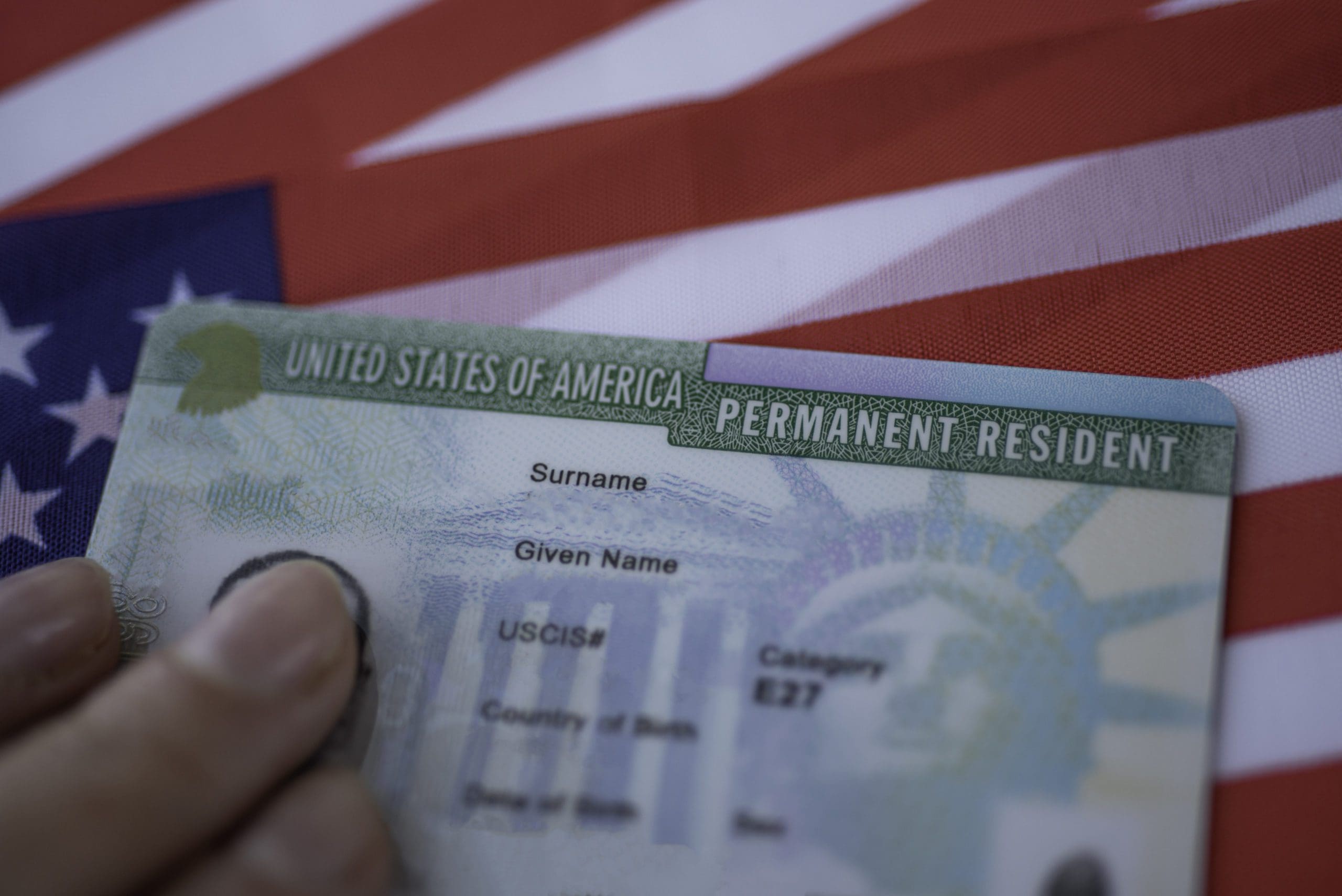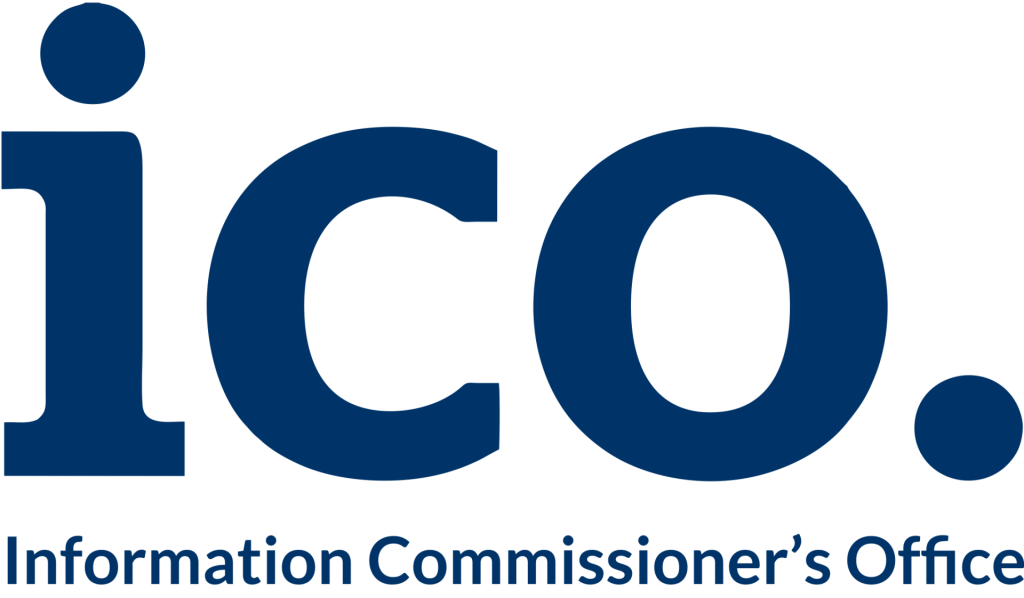Immigration law has always intersected with human rights, but in 2026, this relationship is under greater scrutiny than ever before. With rising global migration, countries are tightening border controls while also facing pressure to honor international human rights commitments. This tension has sparked debates over asylum policies, refugee resettlement, and detention practices. Legal reforms are emerging to balance sovereign control with humanitarian responsibility. The outcome of these debates will shape how the world perceives justice in migration for years to come. Humanitarian visas remain a vital lifeline for individuals fleeing conflict, persecution, or climate disasters. Under the 1951 Refugee Convention, countries are obliged to provide protection to asylum seekers. Yet, in practice, many face long waits, complex legal hurdles, and inadequate support systems. Human rights advocates are urging governments to simplify asylum procedures and expand resettlement quotas. Some nations have responded with community sponsorship models, where local groups play an active role in welcoming and supporting refugees.
Legal challenges have increased as migrants assert their rights in courts. Issues such as indefinite detention, family separation, and discrimination in visa policies have become flashpoints. International tribunals are seeing more cases brought against governments accused of violating human rights obligations. The tension between domestic law and international commitments continues to grow, forcing courts to navigate sensitive political landscapes. These cases often set precedents that influence future immigration law reforms.Technology is also raising new human rights questions in immigration. AI-powered decision-making tools, biometric tracking, and mass surveillance at borders are criticized for lacking transparency and accountability. Critics warn that algorithmic bias could unfairly disadvantage certain nationalities or demographic groups. Governments must now establish clear ethical frameworks to ensure that technological innovation does not come at the expense of fundamental rights. This is a pressing challenge for immigration law in the digital age.
Looking ahead, the evolution of immigration law will likely hinge on international cooperation. Global migration is a shared challenge, requiring collaborative legal frameworks that transcend national borders. Human rights must remain central to these discussions, ensuring migrants are treated with dignity and fairness regardless of status. In 2026, the choices governments make will not only define immigration systems but also reflect the values of justice, equality, and humanity.


































